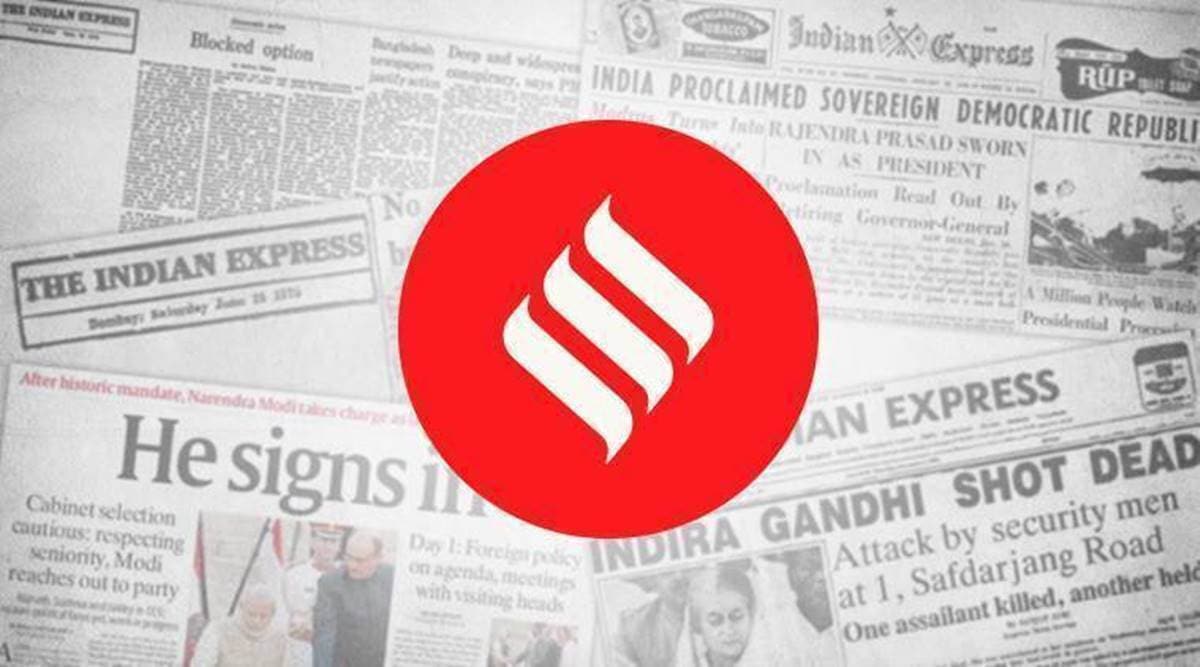 The proposed law goes beyond the existing 1950 Act that regulates slaughter and trade of cattle in Assam, and injects a religious angle by marking communal geographies in the operationalisation of the law.
The proposed law goes beyond the existing 1950 Act that regulates slaughter and trade of cattle in Assam, and injects a religious angle by marking communal geographies in the operationalisation of the law. The Assam Cattle Preservation Bill, 2021, approved by the state’s cabinet last week, is a bad idea. It has the potential to deepen communal polarisation, disrupt dairy and cattle trade, and disturb diet patterns of people residing in the Northeast. The proposed law goes beyond the existing 1950 Act that regulates slaughter and trade of cattle in Assam, and injects a religious angle by marking communal geographies in the operationalisation of the law. It accords sweeping powers to the bureaucracy, especially the police, “to enter and inspect any premises… where he has reason to believe that an offence under this Act has been or is likely to be committed” and “seize any materials or carcasses or cattle or vehicle or conveyance, which have been or likely to be used in the commission of the offence, from the premises so inspected and may detain any person suspected to have committed such offences”.
Cattle protection laws in the past drew their rationale from the centrality of milch animals in agriculture. The farm economy in India has been radically transformed in recent decades with the mechanisation of agricultural operations, introduction of chemical fertilisers, artificial insemination of animals and other such changes. Old laws on slaughter and trade have become redundant and wait to be repealed. Instead, there seems to be a competition among BJP-ruled states to introduce cattle protection laws founded on the needs of a 19th century economy, and give them the sheen of religious sanction. Chief Minister Himanta Biswa Sarma, who seems eager to become the new poster boy of Hindutva, has justified the blanket ban on slaughter of all cows and heifers — the 1950 law exempted aged and non-working animals — as being respectful to the beliefs of Hindus, Jains etc. The Bill’s provision which seeks to criminalise slaughter and sale of meat within a 5-km radius of a Hindu temple or Satra visualises habitations as static ghettos and stereotypes religious communities. Communities devise ways to live together without offending the sensibilities of their neighbour or inviting intrusion of the state. They must have the freedom and space to do so.
Assam is the gateway to the Northeast, home to large beef-consuming communities. Any disruption of cattle trade in Assam will impact the supply of meat in Meghalaya, Nagaland, Manipur, Mizoram, and Arunachal Pradesh. Heavy-handed regulation, of the sort proposed in the Bill, is likely to stall trade and cause a spike in meat prices. Meghalaya has already flagged its concern about the proposed law. It must be reconsidered.
- The Indian Express website has been rated GREEN for its credibility and trustworthiness by Newsguard, a global service that rates news sources for their journalistic standards.

